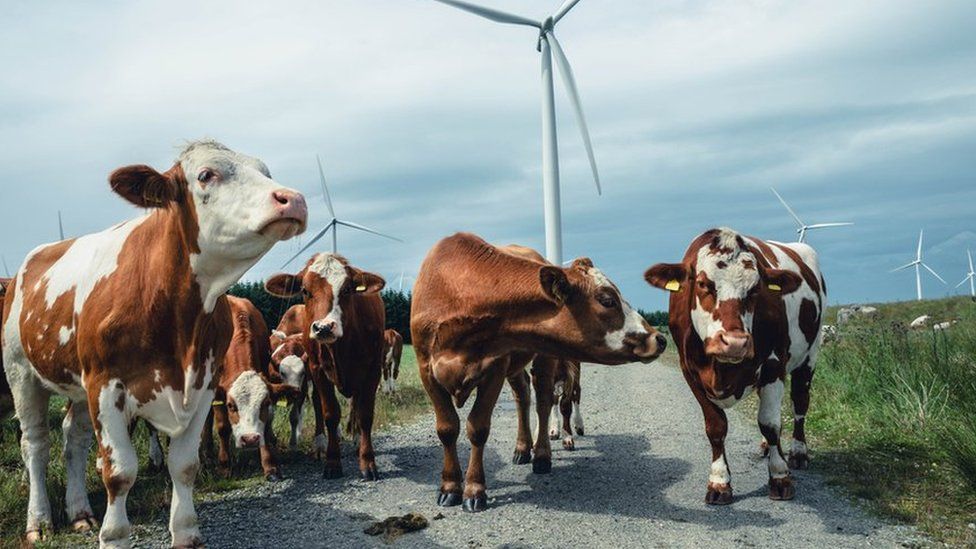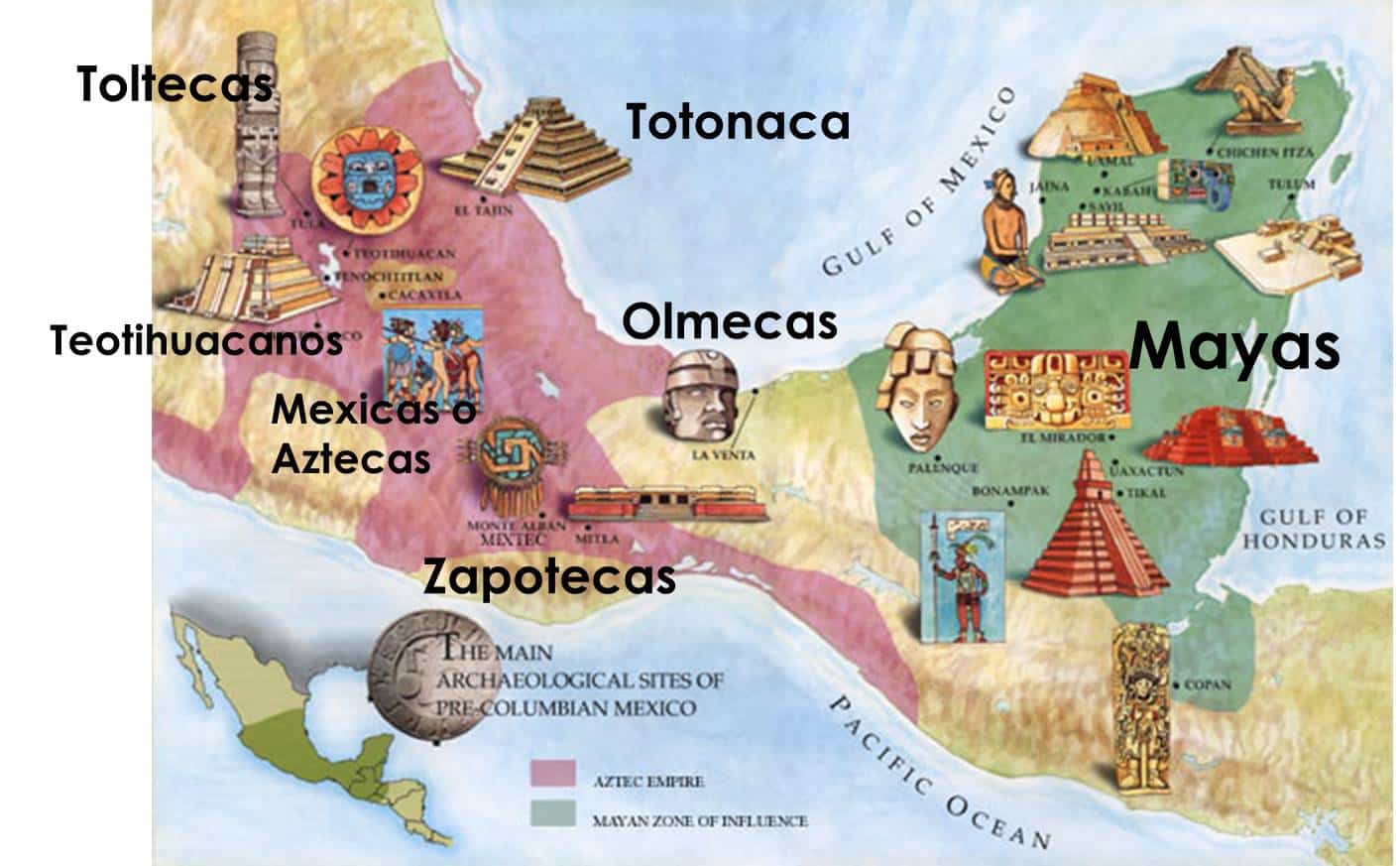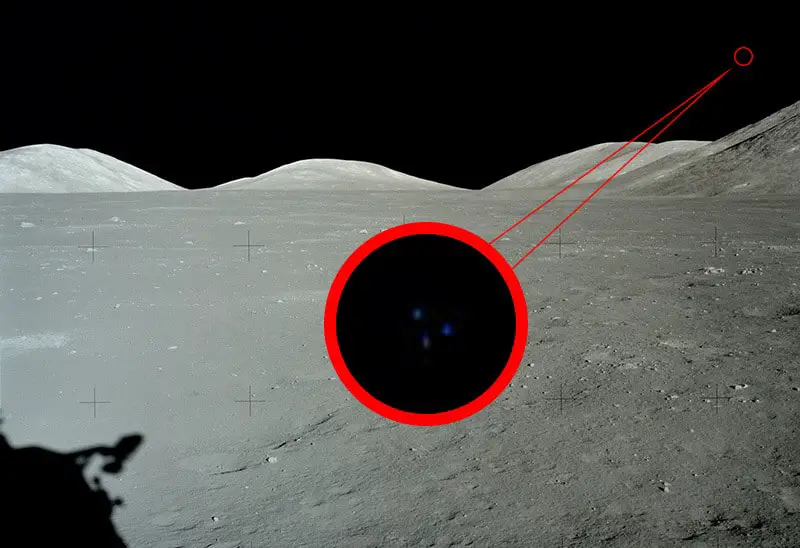 Image source, Getty Images
Image source, Getty Images
PM Rishi Sunak is expected to announce plans to weaken some of the government's green commitments.
This could include delaying a ban on the sales of new petrol and diesel cars as well as plans to phase out gas boilers.
The UK has already been criticised for falling behind in its efforts to reach "net zero" by 2050, a key international target intended to avoid the worst impacts of climate change.
What does 'net zero' mean?
Net zero means no longer adding to the total amount of greenhouse gases in the atmosphere.
Greenhouse gases include carbon dioxide (CO2) and methane. CO2 is released when oil, gas and coal are burned in homes, factories and to power transport. Methane is produced through farming and landfill.
These gases increase global temperatures by trapping the sun's energy.
Meanwhile, rapid deforestation across the world means there are fewer trees to absorb CO2.
Under the 2015 Paris climate agreement, 197 countries - including the UK - agreed to try to limit global temperature rises to 1.5C by 2100.
Would net zero mean a complete end to greenhouse gas emissions?
Not all emissions can be reduced to zero, so those that remain need to be matched by actively removing greenhouse gases from the atmosphere. This is known as "offsetting".
One industrial method is carbon capture and storage which involves using machinery to remove CO2 from the air and store it, often deep underground. However, the technology is still emerging and remains expensive.
Although offsetting is important, it can only cancel out a small fraction of current greenhouse gas emissions.
So scientists say drastic cuts to fossil fuel use are essential to meet the net zero goal.
Image source, AlexAntonelliRBGKew
Image caption,Trees can take carbon dioxide out of the atmosphere
What has the UK pledged to do?
To help reach net zero by 2050, the UK has made a series of ambitious pledges including:
The UK needs to reduce its emissions by 68% by 2030 compared with 1990 levels, in line with the Paris Agreement - a key step towards net zero by 2050.
What has Rishi Sunak said about the government's net zero plans?
Multiple sources have told the BBC that the prime minister will shortly announce that some of these commitments will be watered down.
Responding to the reported plans, Mr Sunak said the government was committed to reaching net zero carbon emissions by 2050 but in a "more proportionate way".
When the government released its updated net zero strategy in March, many climate experts criticised the lack of significant new policies or extra investment.
What will net zero mean for individuals?
While the most significant changes need to come from government, individuals will also have to play their part to help reach net zero.
Image source, Alamy
Image caption,A government scheme to encourage households to install heat pumps has been criticised for poor take-up
What have other countries promised?
China - currently the biggest producer of CO2 worldwide - aims for "carbon neutrality" by 2060. Its plans to cut emissions aren't fully developed, but its renewable energy sector has been growing rapidly.
The US has historically been the biggest carbon emitter, and still emits more than China per head. It has pledged to reach net zero by 2050. In August 2022, it announced a major green investment package called the Inflation Reduction Act, which aims to boost renewables and other clean technologies.
The EU, the third biggest emitter of CO2, also has a 2050 net zero target. In March it announced its own green investment package, called the Net Zero Industry Act.
India and Russia are also key emitters. They have pledged to reach net zero by 2070 and 2060 respectively, but have published few policies to back this up.
What is the problem with net zero targets?
There's controversy about how some countries might try to reach net zero.
For instance, a country might record lower emissions if it imported energy-intensive goods from overseas, rather than producing the goods itself.
But in reality, it wouldn't have reduced the total amount of greenhouse gases going into the atmosphere.
There are also schemes that enable rich countries to offset their emissions by paying poorer countries to switch to cleaner fuels.
But some climate scientists worry this could let wealthier nations avoid reducing their fossil fuel usage, by taking advantage of a switch to cleaner fuels in poorer countries which may have happened anyway.

 Movie
Movie 7 months ago
167
7 months ago
167 






![Presidents Day Weekend Car Sales [2021 Edition] Presidents Day Weekend Car Sales [2021 Edition]](https://www.findthebestcarprice.com/wp-content/uploads/Presidents-Day-Weekend-car-sales.jpg)



 English (United States)
English (United States)